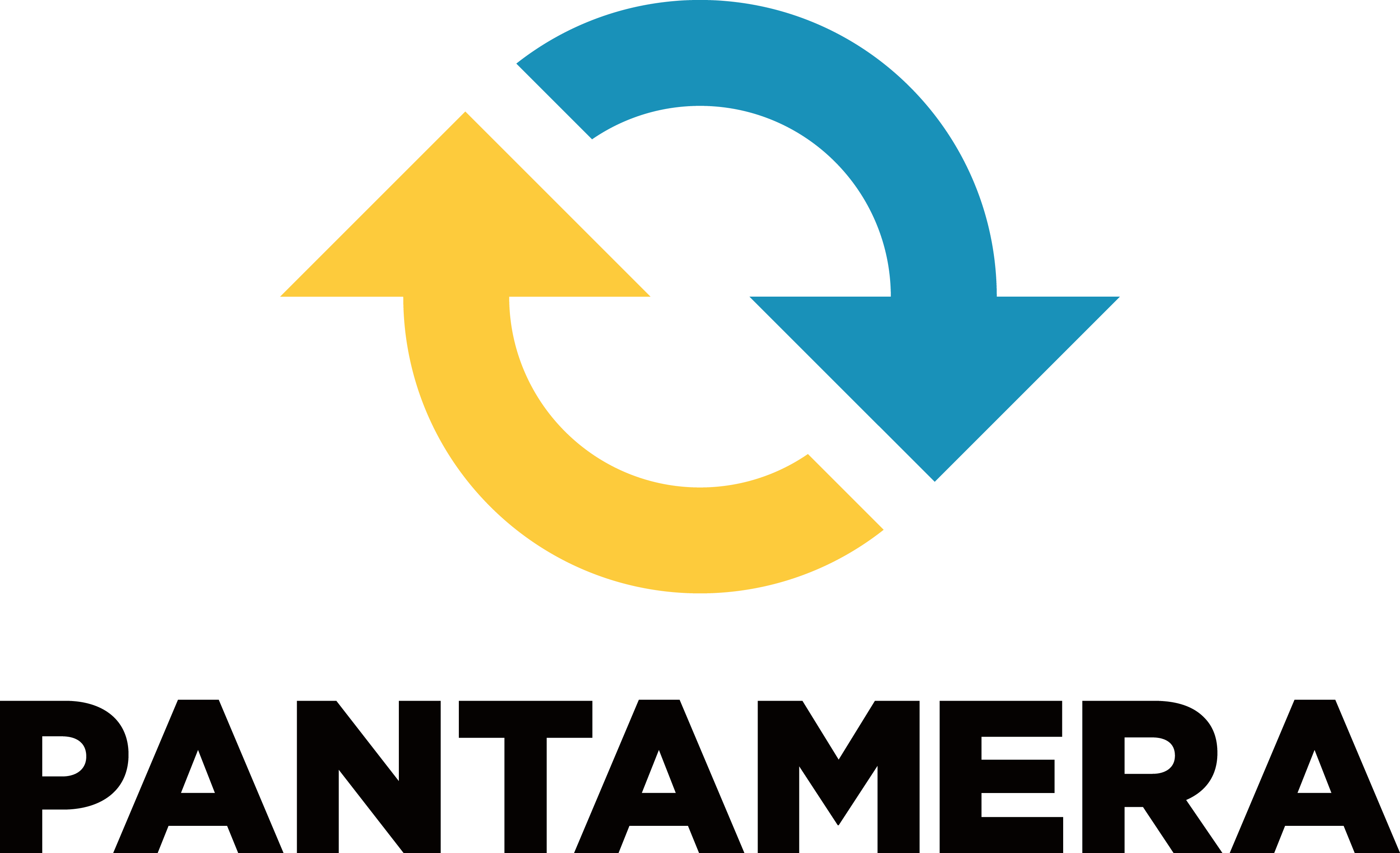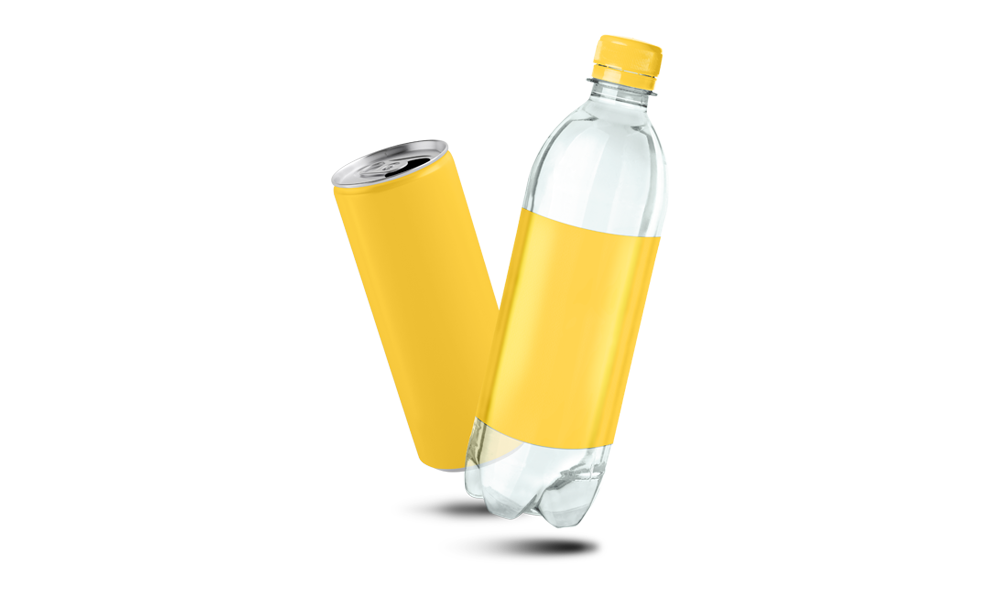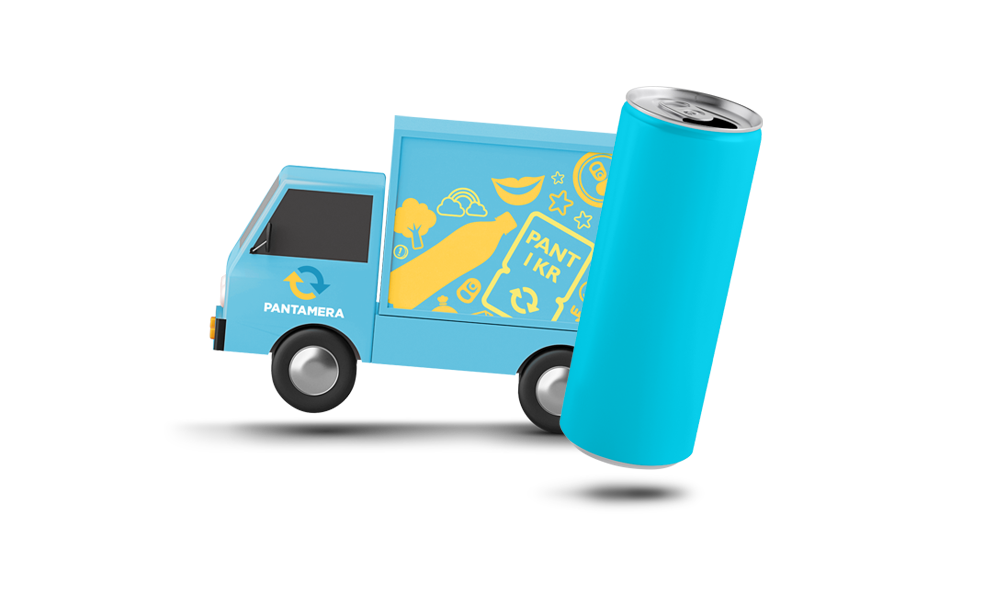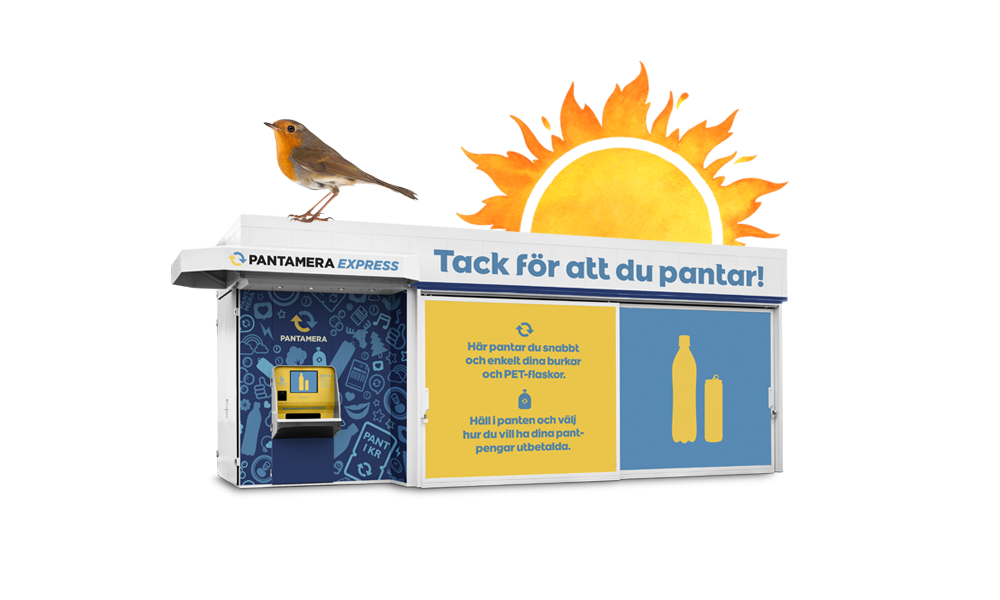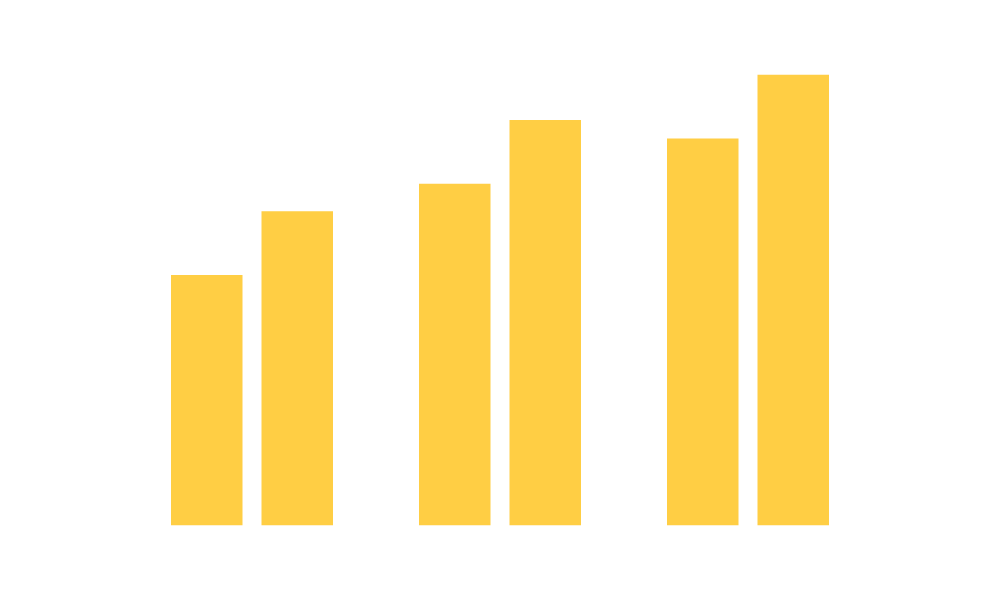Sustainability according to Pantamera
Returpack’s sustainability efforts are based on our vision to contribute to a sustainable society through the world’s best deposit return system, where we collect all sold deposit containers. Our key sustainability topics form the foundation of our systematic sustainability work: Climate Change, Environmental Pollution, Circular Material Flows, Our Own Workforce, Labor in the Value Chain, and Responsible Business Practices. Each year, we compile our efforts in a sustainability report.
Sustainable material recycling - at every stage
Our major challenge—and the goal of the entire deposit system—is to get the Swedish population to recycle more. Our target is 90 percent. And Swedes are already doing well: nearly 88 percent of sold deposit containers are returned. Our aim is to utilize the cans and bottles we collect in the most resource-efficient and sustainable way possible, and we have developed an effective return system that enables high-quality material recycling.
Sustainable and cost-effective supply chains
Returpack depend on a number of different suppliers to make the deposit system work. The suppliers are thus an extension of our own operations, which means that sustainable and cost-effective supply chains are a prerequisite for us to be able to jointly contribute to sustainable development. Returpack's code of conduct for suppliers communicates the standards we expect from ourselves, our suppliers, and their subcontractors regarding labour and human rights, health and safety, the environment, and business ethics.
Systematic environmental work
Our environmental efforts are carried out systematically, supported by a certified environmental management system based on the requirements of ISO 14001. One of our guiding principles is continuous improvement, which means that we evaluate and improve our working methods and methods continuously. Read more in our Policy for Sustainable Development.
The goal is zero-emission transport
We are one of the companies that have adopted Fossil-Free Sweden’s Transport Challenge. The goal of the challenge is to perform and procure only fossil-free domestic transport by 2030. In 2024, we reached this goal, and we are now raising the bar even further: our transports should have no direct greenhouse gas emissions. This means using vehicles that are emission-free during operation, such as electric or hydrogen-powered vehicles. The transports included in this goal are our compactor trucks, volume transports, and collections from Pantamera Express and compactors. Read more about our challenges at Fossil-Free Sweden.
Climate goals aligned with the Paris Agreement
In spring 2024, we prepared our first comprehensive climate report for 2023 in accordance with the Greenhouse Gas Protocol. In previous years, we calculated and reported emissions from the areas we could most influence and control. Now, we have taken a holistic approach and included significant emissions across our entire value chain. A climate report has also been prepared for 2024. In connection with this, we began setting climate targets for all emissions in scopes 1, 2, and 3. This is in line with the requirements of the Paris Agreement—to limit global warming to a maximum of 1.5°C above pre-industrial levels. In spring 2025, our climate goals were finalized and adopted by our management and board.
Sustainability Report 2024
The 2024 Sustainability Report is inspired by the European Sustainability Reporting Standards (ESRS) and partially adapted to its requirements. Although we are not yet subject to the Corporate Sustainability Reporting Directive (CSRD), we have chosen to begin aligning our reporting in that direction instead of continuing with the GRI Standards 2021, which we previously followed. This year’s report includes information and key figures related to our sustainability efforts and our most material sustainability issues.

